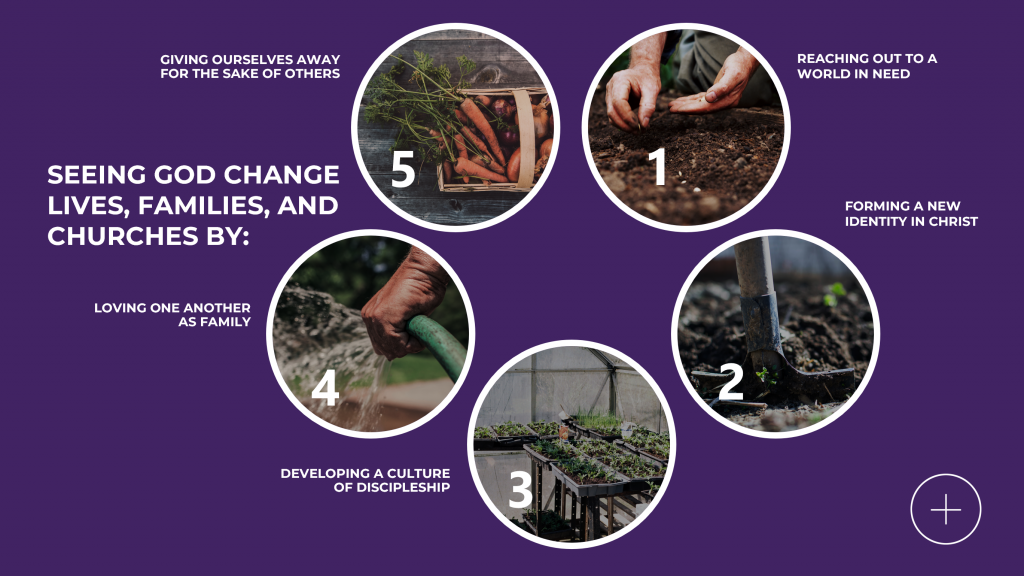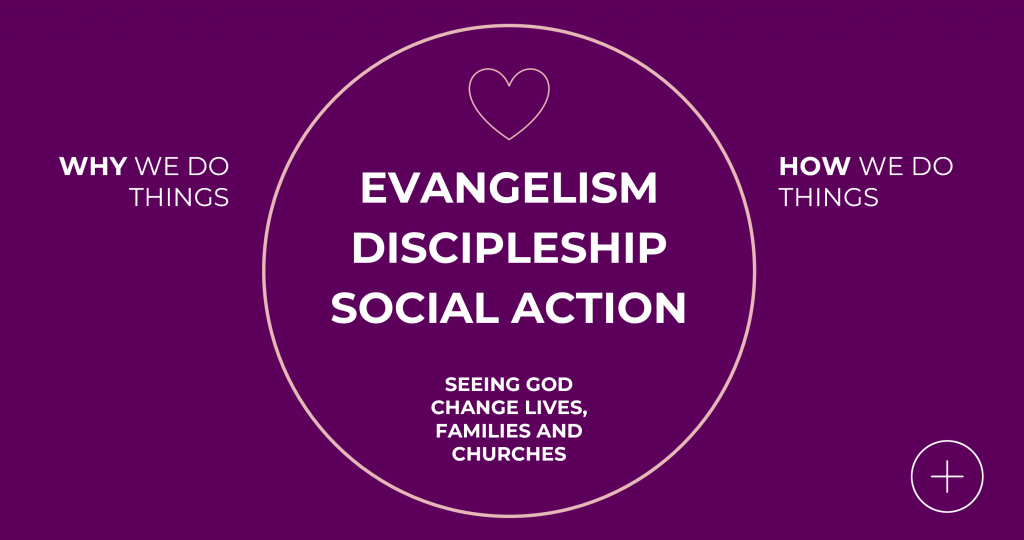ST MARY'S LOCAL
SEEING GOD CHANGE LIVES, FAMILIES AND CHURCHES

IMPORTANT UPDATE
READ THE LATEST REFLECTIONS AND THOUGHTS ABOUT OUR APPROACH GOING FORWARD
ST MARY'S LOCAL
SEEING GOD CHANGE LIVES
As a church we have always wanted to respond to the needs and challenges of those in need. In 2022, following the invasion of Ukraine, we responded to the influx of refugees into the UK with energy, creativity, and intentionality. Working in partnership with the Local Authority and other charities and agencies, we quickly became a gathering point for hosts and refugee families, both from within the church and the wider community. A small team co-ordinated this work and it has been wonderful to see the way God has used us in blessing and helping others in such challenging times.
We have learned so much from this experience and seeking to reflect even more deeply about poverty alleviation and social action, a small group in the church (St Mary’s Local) was established. This group has been on a significant journey developing a set of principles to shape our future mission and in the coming year they will share their learning and vision with the wider church for further shaping and discernment.

WHY THIS MATTERS
God’s heart for the world is to bring all things together under Christ – to renew all things in him – and Christians have always wanted to participate with God in his purposes and plans. God calls us all to join him but we see over time that Christians have responded in different ways to this call. Some engage in evangelism, others in disciple-making, and others in social action. At St Mary’s we believe that these belong together as a trinity.
We also note just how important it is to know why we do things and how we do things. Motivations make all the difference and we want to reach out and serve for the right reasons. At all times, we also want to act in ways which are well thought through and transforming. We want to make an impact for God and others.

ST MARY’S LOCAL
OUR GROUP’S PURPOSE
To pray, learn and establish the principles on which we address local mission and outreach
THE PEOPLE INVOLVED
- Lynwen Plowman
- Richard Wilson
- Amy Dixon
- Ellen White
- Fiona Markey
- Jane Melbourne
- Jo Silcock
- Jonathan Garrard
- Judith Littlemore
- Mark Johnson
- Paul Hildreth
- Tim Markey
- Tory Wilson
WHAT WE EXPLORED
We visited other Churches, reflected on our Ukraine outreach & studied the Tear Fund course:
- Reconsidered the meaning of poverty – exploring what poverty looks like locally in Reigate?
- Reflected on how Churches are uniquely positioned
- Talked about our motivations for social action
- Listened to others about approaches that focused on collaboration (with individuals, other churches, council, charities)
- Reflected on our own brokenness and poverty and that our approach needs to be a relational approach
- Explored the difference between fixing people and enabling them and walking with them
- Sought God for clarity about the way forward
Thinking about Our context | 3 TRUTHS
- We are living in such challenging times! ( Post-pandemic | Brexit | Cost of living | War )
- We are eager and enthusiastic to make a difference!
We noted that a lot of activity and outreach happens , or has happened in and through St Mary’s
Children & Youth Work | Courses | Holiday Club | Bereavement | Alpha | Girls Brigade | Easter Project | Winter Night Shelter | Food Bank Collection | Hospitality | Lunch Club | Vintage Teas | The Cooks Tea | Holiday at Home | and more! - Despite all this, we have a lack of clarity about our mission locally – exactly what to do and how to do it
“Poverty is the result of relationships that do not work, that are not just, that are not for life, that are not harmonious or enjoyable. Poverty is the absence of Shalom in all its meanings”
Bryan Myers
RETHINKING POVERTY
The underlying cause of poverty is the result of relationships that are broken
- CREATION – how we connect with the world around us and the resources it provides
- OURSELVES – how we view, relate to and look after ourselves
- OTHERS – how we relate to & interact with other people around us (family | friends | community)
- GOD – how we connect with our Creator

The underlying cause of poverty is the result of relationships that are broken
- CREATION – how we connect with the world around us and the resources it provides
- OURSELVES – how we view, relate to and look after ourselves
- OTHERS – how we relate to & interact with other people around us (family | friends | community)
- GOD – how we connect with our Creator
WHAT WE LEARNED ABOUT POVERTY
POVERTY | WHAT WE HAVE LEARNT
Firstly we learned that we had lots to learn! We are not as knowledgeable as we thought we were! But hungry to learn and grow we discovered some key things along the way, about poverty and how to respond.
- The needs in Reigate are hidden and complex as we are caught on the edge of London. Indicators: High Divorce Rates | Time Poverty and Stress | Isolation & Loneliness | Debt and Financial Insecurity | Special Needs | Mental Health
- Relational poverty is probably more relevant to us than material poverty (but we can’t always separate material and relational)
- Paternalism can be damaging – ie habitually doing things for people that they can do for themselves
- There is a big difference between ‘doing for or to’ others and ‘walking with’ others
- Because everything is relational there is no quick fix
- Good intentions are not enough
For example, it doesn’t matter how many good intentions a Doctor has, if a Doctor mis-diagnoses our illness, we won’t get better and we may get worse - The materially ‘rich’ think we can fix things! We are a church who think we can fix things!
- Pride is an issue – For example, volunteers need to have self-awareness – Why are we doing this? Are we taking a patronising, paternalistic approach? We are all broken
- It’s important to listen to our community and not just talk about them
- Our local mission will need to be both a pastoral and a discipleship journey
- It’s critical that we partner with others in addressing relational poverty in the wider community (policy/healthcare/charities/churches)
- We noted that we are awkward and shy about proclaiming the gospel in our ministries
- We are prone to jump from dream to delivery – from “I have an idea” to “Let’s do this” – without deeply understanding the need – discernment
- We can carry a ‘project mentality’; people are more than projects
- The Ukraine outreach was very informative – it was a linear and collaborative process
THE IMPORTANCE OF MOTIVATIONS
A DESIRE FOR GROWTH
“We want to start a new project because we want to do more. We want to have a bigger footprint in the community.”
Growth is usually good, but if this is the primary catalyst for starting a new project, then we are focussing more on our own objective(s) rather than the objectives of the people we are trying to serve.
A good question to ask: Does it matter if the people you support never join your church?
GREAT IDEAS
“We have this great idea that we know will work.”
We may be full of amazing ideas about what we could do as a church to play our part in our community. We may even have just one great big idea that we think will have an outstanding impact on improving local people’s lives. Simply having an idea shouldn’t be the deciding factor.
A good question to ask: Do we know that this idea truly meets the needs of people in our community?
I CAN DO THIS
“I have the skills & I want to do this”
It’s wonderful to want to share your gifts and skills, but are we doing this for ourselves? To make ‘me’ feel valued and needed? Or are we doing it to meet the needs of others? Simply having the skills/gifts shouldn’t be the deciding factor.
A good question to ask: Do we know what the need is that we are trying to meet? Could I offer my gifts/skills to another organisation to support what they are already doing? “
ST MARY'S LOCAL | PRINCIPLES AND APPROACH
We want to see God change lives
- Change is a work of the Holy Spirit
- We believe God is at work
- We want to share the good news of Jesus in meaningful and sensitive way
We begin by listening and understanding, listening deeply before acting
- We want to be explicit about what stage of transformation we are working at – relief, rehabilitation, and development
- We want to adopt a posture of humility
- We acknowledge our own brokenness
- We expect to be changed in the process of walking with others
We see issues of poverty in relational terms
- When addressing poverty or need, we want to recognise the importance of the four key relationships that need addressing – God / Self / Others / Creation
- We want to develop teams of people who are great at working developmentally with others
- We want to increase dignity and empowermet
- We believe that the journey is as important as the destination
- We want to help people who are ready to change
- We will walk with people as they become ready to change
- We want to emphasise participation – working with others, not doing to or for them
- We want to avoid paternalism looking avoiding doing anything for others that they can do for themselves
We respond with a strengths-based / asset-based approach
- We embrace an asset-based approach – building on existing strengths, capacities and skills
- We want to work in partnership with others in our community
- We see ourselves as one part of much bigger picture in someone’s life and the wider community
- Mapping social networks and supportive community is important
- We acknowledge the existing institutions that already exist in our community and want to add to them, or increase accessibility to them
5 PRINCIPLES
LISTENING
We will listen deeply [to God & people] to understand the ‘need’ to address and where people are at.
STRENGTHS BASED
We will build on everyone’s existing strengths (skills/assets) [avoid paternalism]
PARTNERSHIP
We will partner with others (externally)
WALKING WITH
As long as there is a need, we will walk with people in a way that empowers them, ensures their full participation and protects their dignity
HUMILITY
We will develop teams and people with an attitude, approach and mindset of humility (we are all broken)

